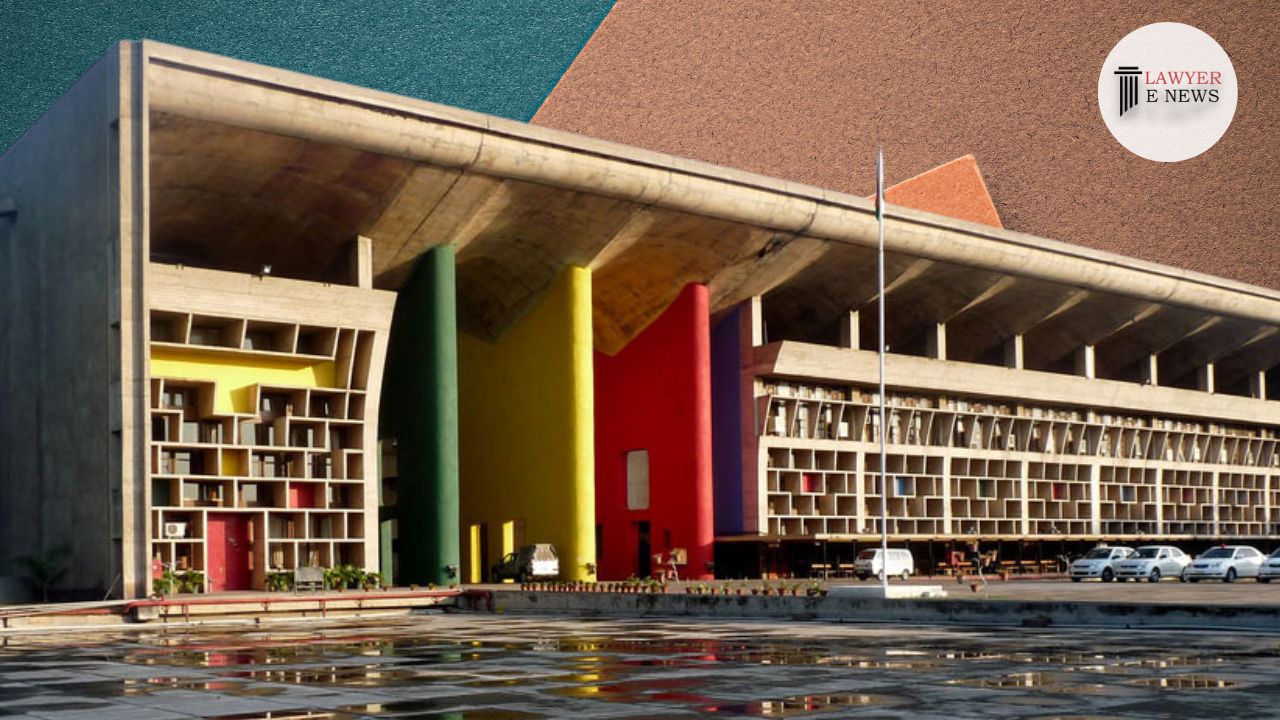-
by Admin
15 February 2026 5:35 AM



The trial has been delayed due to procedural difficulties, including the non-production of accused from different jails and the theft of samples
High Court's decision underscores the importance of timely trials and the application of Article 21 in cases of prolonged incarceration.
In a significant ruling, the Punjab and Haryana High Court granted regular bail to six individuals accused in a high-profile narcotics case under the NDPS Act. The decision, rendered by Justice Jasgurpreet Singh Puri on May 13, 2024, emphasized the prolonged custody of the accused and procedural delays in the trial process, invoking Article 21 of the Constitution to override the statutory restrictions under Section 37 of the NDPS Act.
The case revolves around FIR No. 144 dated October 29, 2020, registered under various sections of the NDPS Act at Police Station STF Phase-4, Mohali, District SAS Nagar. The allegations included the recovery of significant quantities of heroin and other contraband from two cars, leading to the arrest of multiple individuals. Over 18 kg of heroin and 6 kg of ICE were recovered from an Endeavour car on November 1, 2020, while another 10 kg of heroin was seized from a Ciaz car on November 3, 2020. Subsequent arrests were made based on disclosure statements, implicating the petitioners.
Delays and Procedural Flaws: Justice Puri highlighted the significant delay in the trial, noting that more than a year had passed since the framing of charges, yet no substantive progress had been made. "The trial has been delayed due to procedural difficulties, including the non-production of accused from different jails and the theft of samples," the court observed. The petitioners have been in custody for over three years, with some incarcerated for about two and a half years, without any substantial advancement in their trial.
Application of Article 21: The court stressed the importance of timely trials, referencing multiple Supreme Court judgments. "Prolonged incarceration violates the most precious fundamental right guaranteed under Article 21 of the Constitution," Justice Puri remarked, citing the Supreme Court's stance on the issue. The decision referenced key judgments such as Satender Kumar Antil vs. Central Bureau of Investigation and Mohd. Muslim @ Hussain vs. State (NCT of Delhi), which address the balance between statutory provisions and constitutional rights.
Justice Puri pointed out that the statutory bar under Section 37 of the NDPS Act, which typically restricts bail for offenses involving commercial quantities of narcotics, must be weighed against constitutional protections in cases of undue delay. "The bar contained under Section 37 of the NDPS Act will not apply in light of Article 21 of the Constitution," the judgment stated, emphasizing that prolonged detention without trial infringes upon the accused's fundamental rights.
Justice Puri's ruling included a pointed observation: "The non-compliance of Section 309 continues with gay abandon. Perhaps courts alone cannot be faulted as there are multiple reasons that lead to such adjournments. Though the section makes adjournments an exception, they become the norm."
The High Court's decision to grant bail to the six accused underscores the judiciary's commitment to upholding constitutional rights even in the face of statutory limitations. By prioritizing the right to a speedy trial and addressing procedural delays, the judgment highlights the critical balance between law enforcement and fundamental freedoms. This landmark ruling is expected to influence future cases, reinforcing the legal framework's responsiveness to delays and procedural challenges in the justice system.
Date of Decision: May 13, 2024
Shankar Singh & Others vs. State of Punjab
